Suppressor Laws by State 2025: Where Silencers Are Legal

Navigating suppressor laws across the United States feels like playing a board game where every state wrote different rules. Federal law establishes the baseline through the National Firearms Act, but state legislatures have layered on enough variations, exceptions, and outright prohibitions to confuse even experienced attorneys. I’ve spent enough time researching these laws for my own travel and hunting that I can tell you the complexity isn’t theoretical. It’s the difference between a legal hunting trip and a felony charge.
This snapshot reflects the legal landscape as of early 2025. Laws change, sometimes rapidly, and what’s accurate today might be outdated by next legislative session. Consider this your starting point for research, not your final legal authority.
The Eight Holdouts: Complete Prohibition States
Eight states maintain complete civilian suppressor bans: California, Delaware, Hawaii, Illinois, Massachusetts, New Jersey, New York, and Rhode Island. These aren’t states with extra paperwork or hunting restrictions. They’re states where civilian possession of suppressors is categorically illegal, period. Violating these bans typically carries felony penalties under state law, stacking on top of any federal violations.
The justification for these bans varies by state, though most trace back to Hollywood’s portrayal of suppressors as assassin tools rather than hearing protection devices. New York’s ban dates to 1934 alongside the original NFA. California added suppressors to its assault weapon framework. Illinois buried the prohibition in its sprawling Firearm Owners Identification Card statutes. The result is the same regardless of reasoning: if you live in these states, you’re not getting a suppressor legally.
Transport through prohibition states creates additional headaches I’ve addressed in other articles, but the short version is this: the Firearm Owners Protection Act theoretically protects interstate travelers, but that protection proves unreliable in practice. New Jersey and New York have both arrested travelers despite apparent FOPA compliance. Avoid these states entirely when traveling with suppressors if you value your freedom and your wallet.
The Forty-Two: General Legality with Variations
Forty-two states allow civilian suppressor ownership under federal NFA rules. But “legal” doesn’t mean without complications. State-level restrictions range from minor administrative requirements to hunting prohibitions that effectively neuter the practical value of suppressor ownership.
Connecticut allows suppressor ownership but prohibits hunting with suppressors entirely. You can own one. You can use it at the range. But the moment you take it into the field during hunting season, you’re violating state game laws. Vermont followed a similar path until 2019, when the legislature finally aligned hunting regulations with ownership rights.
Iowa permits suppressor hunting but only for certain game species during specific seasons. Deer hunting with a suppressor? Legal. Turkey hunting? Also legal. Waterfowl hunting? Prohibited, though that’s less about state law and more about federal migratory bird regulations that create complications I won’t dive into here.
Michigan briefly banned suppressor hunting before reversing course in 2017. The initial prohibition came from concerns about poaching, as if suppressors somehow make rifles silent rather than merely hearing-safe. The reversal reflected reality: suppressors reduce noise from ear-destroying to merely loud.
Minnesota technically permits suppressors but requires a separate transfer permit from local law enforcement before you can take possession. The permit process adds time and introduces a subjective approval element that federal Form 4 processing doesn’t include. I’ve heard stories of Minnesota sheriffs denying permits based on nothing more than personal opposition to suppressors, though such denials are probably legally questionable.
Transfer and Possession Nuances
Federal law requires NFA transfers to comply with state law in both the transferor’s and transferee’s states. This creates practical complications when state requirements don’t align with federal NFA procedures.
Some states require additional background checks beyond the federal Form 4 process. Others mandate separate registration with state agencies. A few states impose waiting periods that stack on top of the months-long federal approval timeline. These requirements rarely serve any legitimate public safety purpose, but they’re legally enforceable nonetheless.
The NFA trust route simplifies some state-level complications. Trusts avoid chief law enforcement officer notification requirements that caused problems before the 41F rule changes. Trusts also streamline possession issues when multiple people need legal access to the same suppressor. If you’re in a state with complicated transfer requirements, a well-drafted trust often provides the smoothest path to legal suppressor ownership.
Range Rules and Private Property
State law establishes the baseline for suppressor legality, but individual ranges and private property owners can impose stricter rules. I’ve heard about ranges that prohibited suppressors despite state law allowing them, usually based on misguided concerns about liability or unfamiliarity with NFA items.
Private property owners similarly can ban suppressors on their land regardless of state law. This matters primarily for lease hunting situations where the landowner maintains control over equipment restrictions. I’ve never personally encountered a lease that prohibited suppressors, but the legal authority exists.
Public land hunting follows state game regulations, which generally mirror broader state suppressor laws. If your state allows suppressor hunting on private land, you can typically use them on public land as well. But always verify specific regulations for the management area or wildlife management unit where you’re hunting.

Looking Forward: Legislative Momentum
Suppressor laws have moved consistently in a positive direction over the past fifteen years. States that once banned suppressors have reversed course. States that prohibited hunting have eliminated those restrictions. The trend reflects growing recognition that suppressors serve legitimate hearing protection purposes rather than facilitating crime.
The Hearing Protection Act, which would remove suppressors from NFA regulation entirely, has been introduced in multiple congressional sessions without success. Federal deregulation remains unlikely in the near term despite strong advocacy from firearms rights organizations, but state-level reform continues to progress more reliably.
Several prohibition states have seen suppressor legalization bills introduced in recent legislative sessions. None have passed yet, but the conversation has shifted from “whether suppressors should be legal” to “how to implement legalization safely.” That’s progress, even if it’s frustratingly slow.
Practical Advice for Multi-State Shooters
If you travel regularly for hunting or competition, research every state’s laws before you cross borders with suppressors. Carry copies of your approved Form 4 and trust documents if applicable. Document your research with printouts of relevant state statutes and attorney general opinions.
The American Suppressor Association maintains an updated legal status map on their website showing current suppressor laws by state. It’s the most reliable single source for quick reference, though you should still verify specific regulations for hunting or transfer requirements in your destination state.
Remember that state laws change through legislation, court decisions, and administrative rulemaking. What’s legal today might be restricted tomorrow, though the trend has consistently favored expanded suppressor rights rather than new prohibitions. Stay informed, follow the rules, and advocate for sensible reform in your state if current laws don’t reflect the legitimate uses of suppressors for hunting and shooting sports.
Read the full article here









